A good hair oil is required by all to do the hair conditioning which is important to safe guard from very basic issues. But we need to address our own hair issue and use the right hair oil suiting ourselves.
Almond Oil contains all kinds of healthy ingredients for hair like Omega-3 fatty acids, phospholipids, vitamin E, and magnesium. Using almond oil nourishes and strengthens your hair and is optimal for treating hair loss and damaged hair.
Bhringraj Oilis derived fromBhringraj herb, stimulates hair follicles and triggers hair growthand treats well grey hair. It also improves blood circulation and fights dandruff effectively.
Brahmi Oilis normally an ingested tonic, replenishes hair rootsmaking the hair follicle stronger with the necessary moisture, cures dandruff problem, keeps your head cool their by promoting hair growth and reduces hair split ends. Its use coats the hair follicle providing an extra layer of protection and thus preventing both discoloration and split ends while promoting luster.
Castor Oil an anti-bacterial thick oil is the best natural conditioner making the hair smooth, silky and strong with substantial Vitamin E, proteins, omega-6 and 9 and helps in making hair black when added with mustard oil and lemon oil.
Extra Virgin Olive Oil is loaded with vitamins, minerals and antioxidants and helps retain the moisture in your hair and stimulates their growth. It also protects your hairagainst dirt, pollution and strong sunrays.
Mustard Oil stimulates hair growth by increasing blood circulation in the scalp. It contains protein, a major component of hair, and omega-3 fatty acids– both of which nourish your hair and encourage hair growth. The antibacterial and antifungal properties of this oil prevent hair loss and ensure healthy hair growth.
NeemOil promotes hair growth due to high level of anti-oxidants, protects the scalp from damage caused by free radicals. It also has regenerative properties, which help keep your scalp in good health.
Onion Oil nourishes your scalp and improves the blood circulation, thus ensuring thicker and stronger hair growth. Regular use of onion oil in your crown area will effectively promote hair re-growth in that area and also will prevent any bacterial infections or dandruff.
Pumpkin Seed oil. Baldness and slow growth of hair can be rectified by the use of its application on scalp and activates hair follicles, blocks DHT, improves blood circulation and prevents hair fall. Promotes tremendous hair re-growthbesides its use through the belly button.Pumpkin has substantial medicinal properties including anti-diabetic, anti-carcinogenic, anti-inflammatory,anti-oxidants and others.
Virgin Coconut Oilis a natural way to help your hair grow longer, thicker, and faster. The vitamins and essential fatty acids naturally found in coconut oil nourish the scalp and goes 10x layers deep to strengthen and nourish your hair. It also helps to remove sebum build-up from hair follicles.
Essential Oilsused with above carrier have properties to trigger cell growth, activate dormant follicles, spring new hair and improve hair density.
Argousier Oil has anti-inflammatory, recycling and bio stimulating action.It improves hair health and is termed as shining horse.It has large amount of unsaturated fat acids. It is a poly vitamin c natural product with unique composition and is the best amongst all other oils and is very valuable as it maintains a natural balance of vitamin E and carotene and has high content of ascorbic acid.Its composition includes pro-vitamin A, vitamins (B1, B2, B3, B6, C, E, K and others); the oil contains a lot of carotinoids which are natural antioxidants and increase immunity. This is a real miracle of the nature.
Carrot seed essential oil is highly detoxifying, nourishing and hormone regulating qualities which make it good for stimulating hair growth.
Cedar-wood Essential Oil is great for the treatment of hair lossand for dandruff control. Coupled with lavender, rosemary and thyme, is effective in reversing alopecia aerate.
It is an ideal essential oil for hair growth as it balances the oil producing glands of the scalp, significantly improves blood circulation resulting in vigorous hair growth. It is anti-bacterial and anti-septic taking care of fungal problems and dandruff build up.
Ginger Oil is a great hair conditioner. Rich in minerals and essential oils, it makes hair more manageable, softer and shinier. Besides, ginger is a useful remedy for dandruff and dry, itchy scalp. It contains natural anti-inflammatory and antiseptic properties that help keep scalp healthy and clean.
Lavender essential oil improves blood circulation, can prevent hair loss and promotes hair growth. Furthermore, lavender essential oil is a powerful moisturizer, antimicrobial and antiseptic. It moisturizes the scalp, balances sebum production and is ideal for those who suffer from dandruff.
Lemon Essential Oilis antiseptic and antimicrobial, which helps to resolve secondary infections that often complicate acne and dandruff and is ideal for an oily scalp. It is anti-oxidant /anti inflammatory turning grey hair to black.
Rosemary Oil significantly improves hair count and works similar to Minoxidil 2%. It has bioactive anti-oxidants.
Peppermint Essential Oil increases blood flow and rejuvenates hair follicles which stimulate hair growth. Its cleansing action unclogs pores and allows for the normal flow of skin cells, which makes it perfect for those with a dry scalp.
Tea Tree Oil works itself deep into the hair follicles. It unclogs them and helps with the normal flow of sebum. Furthermore, it is known for its antimicrobial properties, which aids in resolving fungal infections and scalp acne complicated by bacterial growths.Tea tree essential oil is a mild sensitizer, so be sure to do a patch test first if you have sensitive skin.
Vetiver Essential Oilaids in the reduction of hair loss resulting from excessive heat in the body. It also reduces the stress level thus keeping body cool and saves from premature greying and balding. It has an excellent antioxidant action to thwart the premature aging of hair follicles caused by free radical damage.
White Thyme Essential Oilis an excellent skin softener. It increases the blood flow to the scalp and rejuvenates hair follicles which promote hair growth and prevents hair loss.
- We have also made serums of relevant oil to include herbs and vegetable juices to make it a strong natural herbal oil. When used at night covered with a towel/ cloth may induce sleep and any headache due to periods may also get mitigated to a great extent.
-
Moisturizing Shampoo and Conditioner: Use a hydrating shampoo and conditioner specifically formulated for dry hair. Look for products containing moisturizing ingredients like glycerin, shea butter, coconut oil, or argan oil to help replenish moisture and nourish your hair.
-
Deep Conditioning Treatments: Treat your hair to weekly deep conditioning treatments or hair masks to provide intense hydration and repair damaged strands. Look for products containing ingredients like keratin, avocado oil, or protein complexes to strengthen and moisturize your hair from within.
-
Leave-In Conditioners: Incorporate leave-in conditioners or detangling sprays into your hair care routine to provide added moisture and protection throughout the day. These products can help smooth frizz, prevent breakage, and enhance manageability, especially for dry and brittle hair.
-
Hair Oils: Use nourishing hair oils, such as argan oil, coconut oil, or jojoba oil, to hydrate and nourish dry hair. Apply a small amount of oil to damp or dry hair, focusing on the mid-lengths and ends, to add shine, reduce frizz, and improve overall hair health.
-
Heat Protectants: Prior to using heat styling tools like blow dryers, flat irons, or curling irons, apply a heat protectant spray or serum to protect your hair from heat damage and dehydration. Heat protectants create a barrier that helps retain moisture and prevent breakage caused by high temperatures.
dry hair, there are a few potential side effects to be aware of:
-
Greasy or Oily Appearance: Using too much dry hair oil or applying it incorrectly can result in a greasy or oily appearance, making your hair look weighed down and unwashed. It's essential to use dry hair oil sparingly and focus on applying it to the mid-lengths and ends of your hair to avoid this side effect.
-
Buildup: Over time, repeated use of dry hair oils without proper cleansing can lead to product buildup on the scalp and hair strands. Product buildup can cause your hair to feel heavy, dull, and less manageable. To prevent buildup, use a clarifying shampoo periodically to remove residue from your hair and scalp.
-
Clogged Pores: Some individuals may experience clogged pores or acne breakouts along the hairline or scalp if the oil migrates onto the skin. To minimize this risk, avoid applying excessive amounts of oil near the scalp and hairline, and be sure to cleanse your skin thoroughly after applying hair oil.
-
Potential Allergic Reactions: While rare, allergic reactions to ingredients in dry hair oils can occur, especially if you have sensitivities or allergies to certain botanical extracts or essential oils. If you experience redness, itching, swelling, or irritation after using a dry hair oil, discontinue use immediately and consult with a dermatologist.
-
Staining: Some natural oils used in dry hair oils, such as coconut oil or argan oil, may have a slight tint that can potentially stain clothing, pillowcases, or bedding. To prevent staining, allow the oil to absorb fully into your hair before coming into contact with fabrics, and consider protecting surfaces with a towel or cloth during application.
To minimize the risk of side effects when using dry hair oil, follow these tips:
- Use a small amount of oil, focusing on the mid-lengths and ends of your hair.
- Avoid applying oil directly to your scalp or roots to prevent buildup and greasiness.
- Choose lightweight, non-comedogenic oils that are less likely to clog pores.
- Perform a patch test before using a new dry hair oil to check for any adverse reactions.
- Wash your hair regularly with a gentle, sulfate-free shampoo to remove excess oil and product buildup.
Here are some special precautions and warnings to consider:
-
Patch Test: Before applying a new dry hair oil product to your scalp or hair, perform a patch test on a small area of skin, such as the inner forearm. This helps determine if you have any allergic reactions or sensitivities to the ingredients in the oil. If you experience redness, itching, swelling, or irritation, discontinue use immediately and consult with a dermatologist.
-
Avoid Contact with Eyes: Keep dry hair oil away from your eyes and mucous membranes, as it can cause irritation or discomfort if it comes into contact with these sensitive areas. If accidental contact occurs, rinse thoroughly with water.
-
Not for Internal Use: Dry hair oils are intended for external use only and should not be ingested. Keep them out of reach of children and pets to prevent accidental ingestion.
-
Sun Sensitivity: Some botanical oils used in dry hair oils, such as citrus oils or certain essential oils, may increase sensitivity to sunlight. If you apply hair oil containing these ingredients, take precautions to protect your skin from sun exposure, such as wearing sunscreen or covering treated areas with clothing or hats.
-
Staining: Certain oils used in dry hair oil formulations, such as coconut oil or argan oil, may have a natural color that can potentially stain clothing, linens, or surfaces. To prevent staining, allow the oil to absorb fully into your hair before coming into contact with fabrics, and consider protecting surfaces with a towel or cloth during application.
-
Consult a Healthcare Professional: If you have underlying health conditions, allergies, or concerns about using dry hair oil, consult with a dermatologist or healthcare professional before incorporating it into your hair care routine.

22354205.jpg) Wellness
Wellness EYES
EYES Wellness
Wellness ACR
ACR BEST PRODUCT
BEST PRODUCT Hair Oil
Hair Oil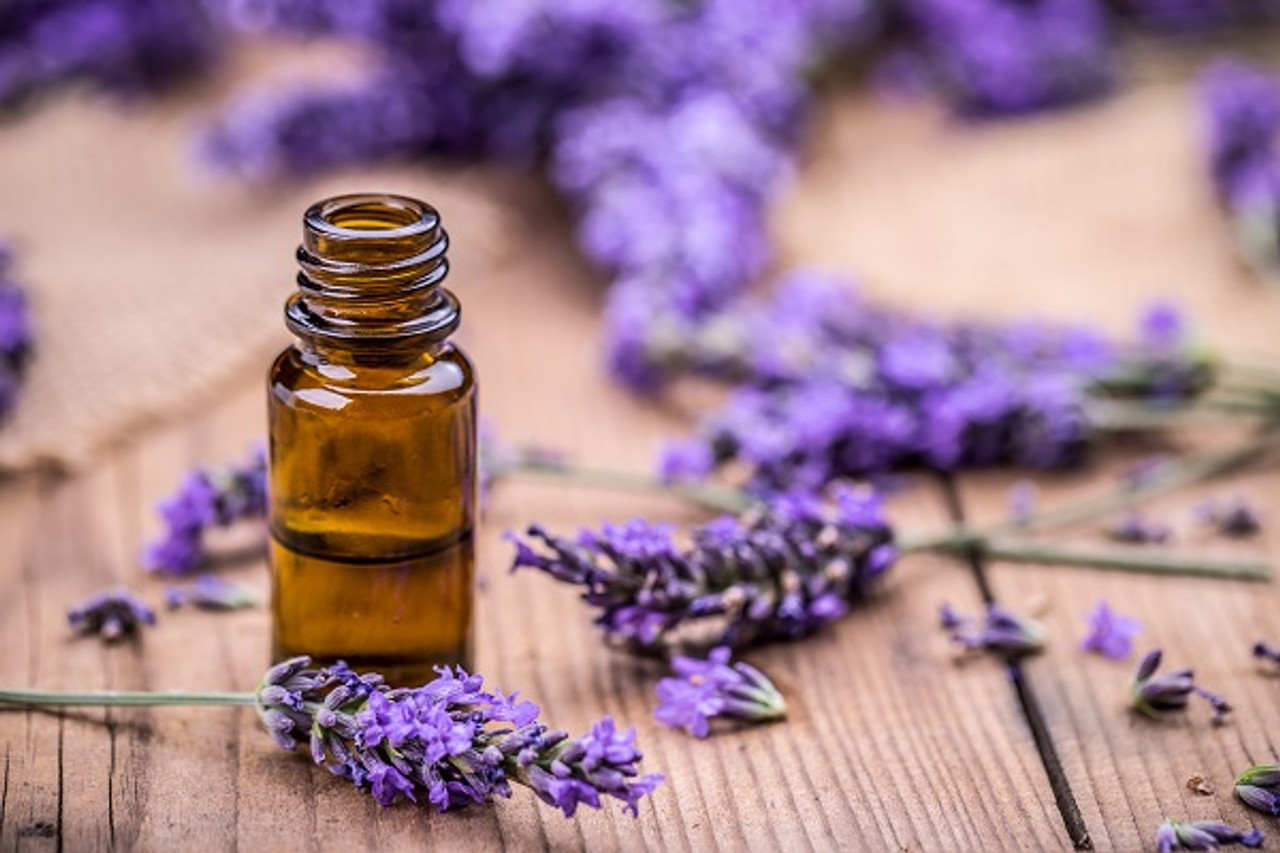 Immunity
Immunity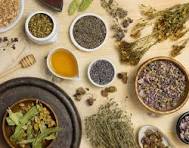 Health Related Issues
Health Related Issues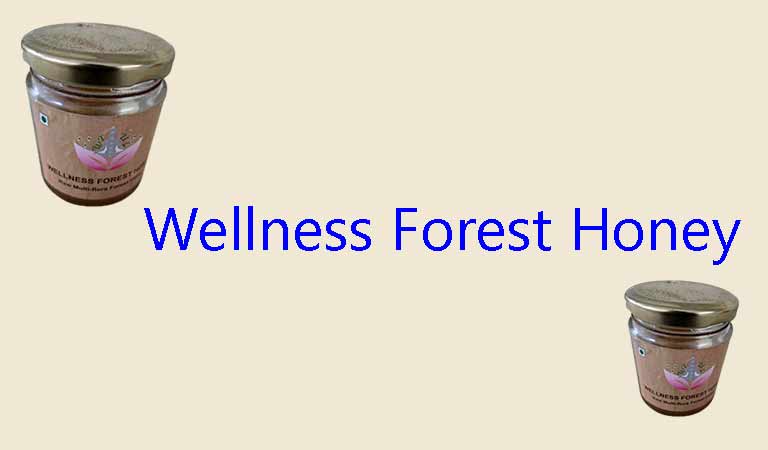 abc
abc Hair Fall
Hair Fall Sensuality
Sensuality Hair oil
Hair oil Hair Growth
Hair Growth NFC
NFC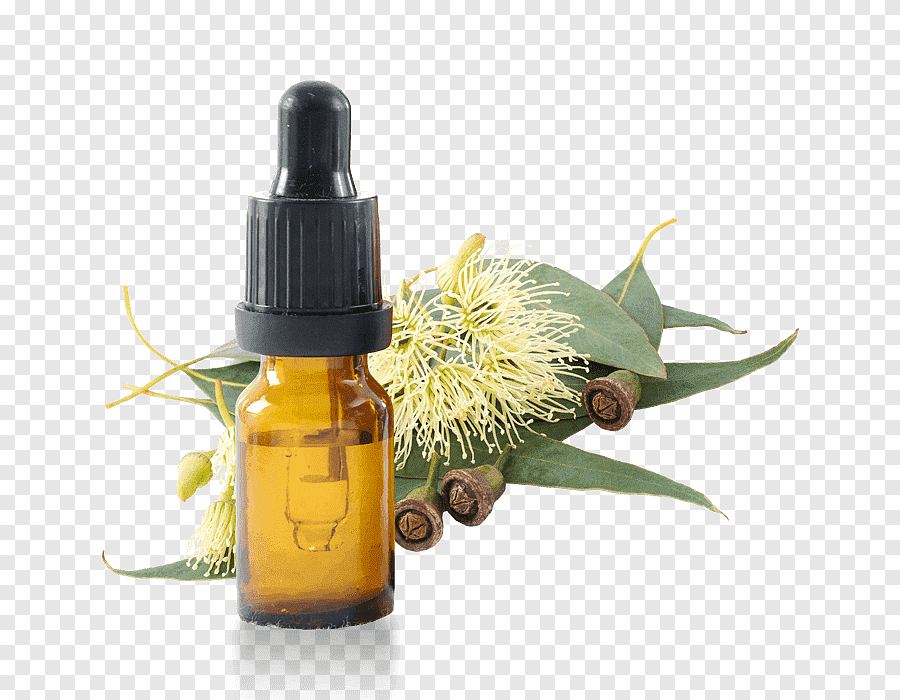 Health Related Issues
Health Related Issues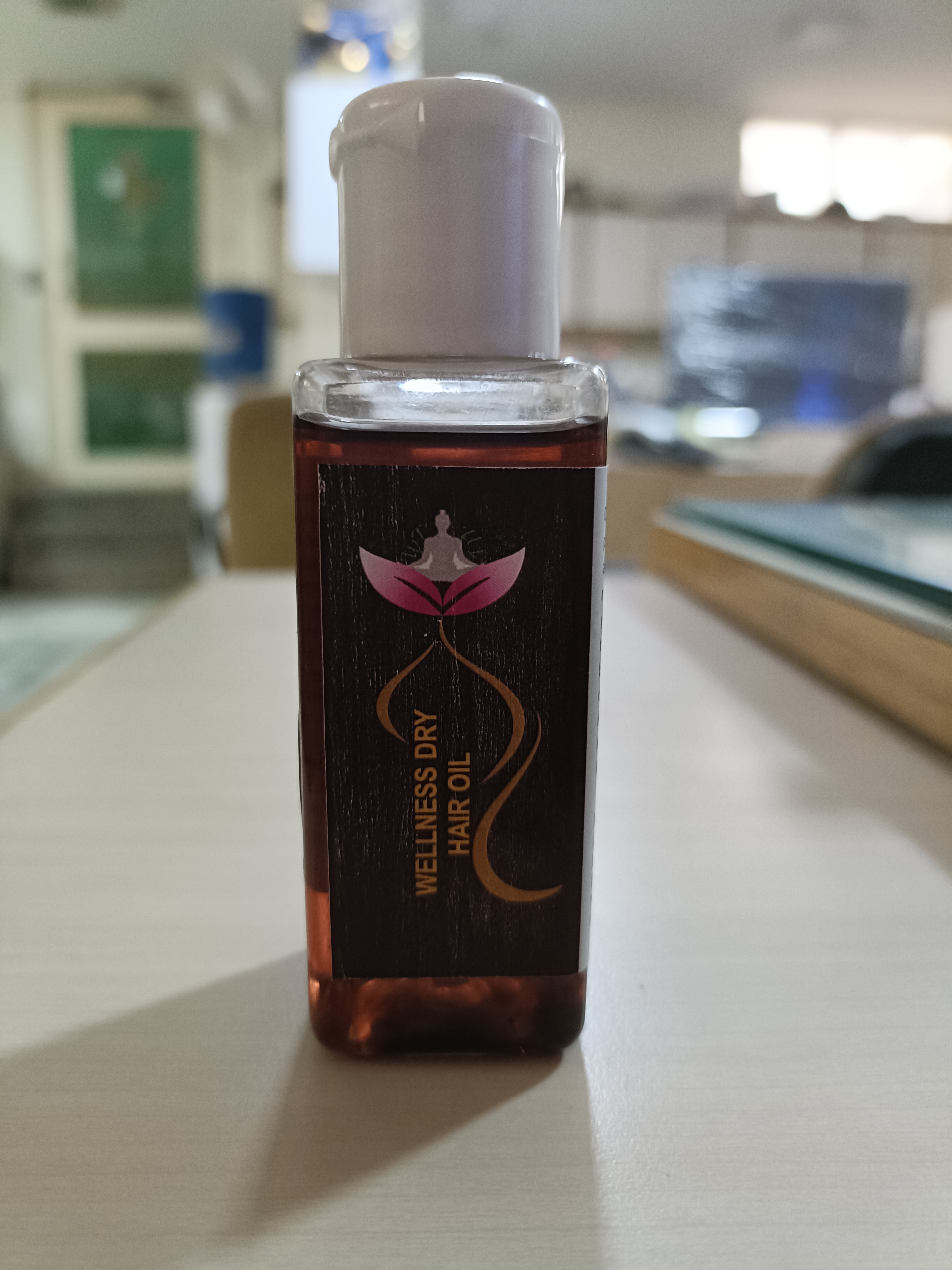
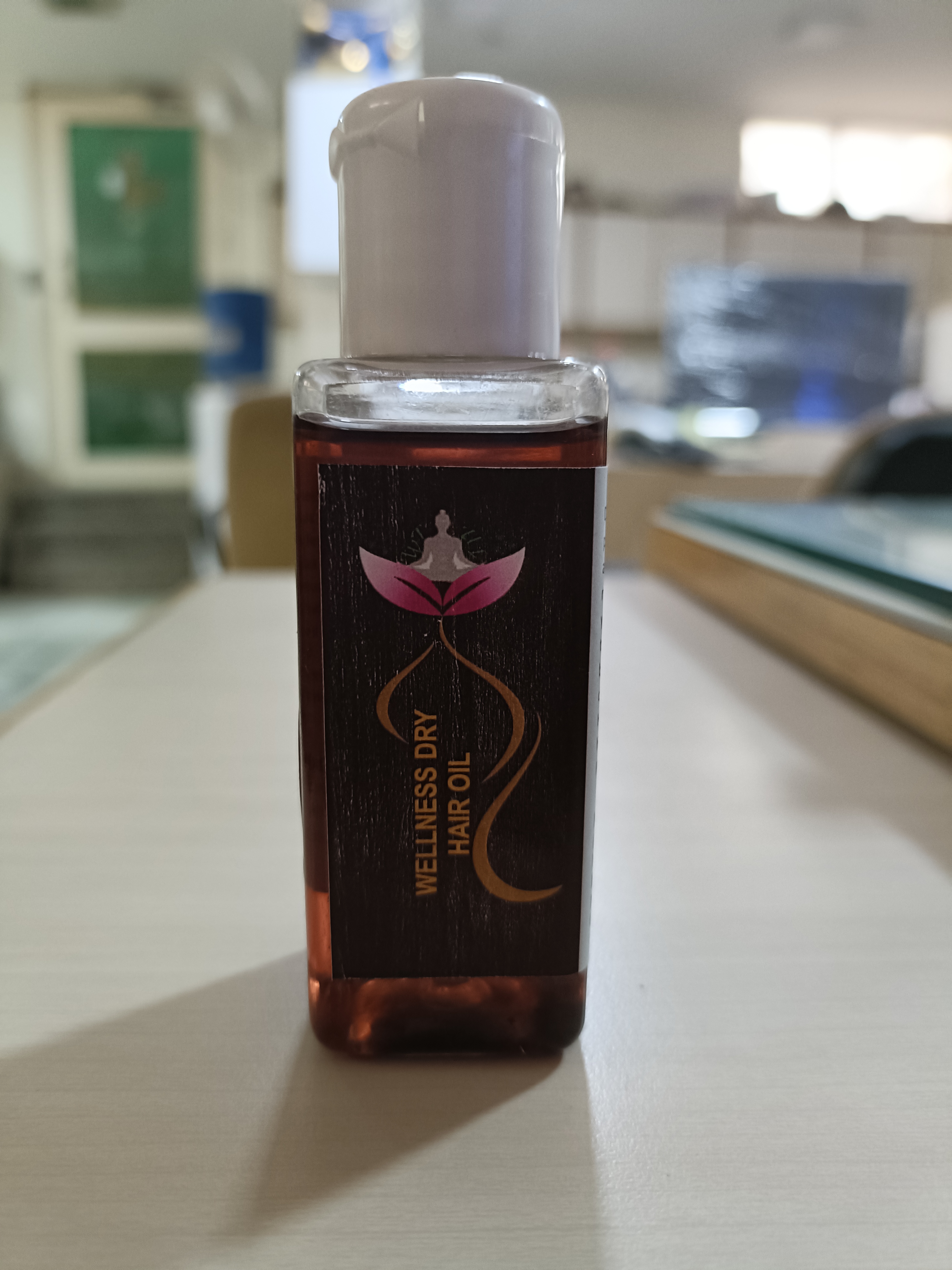
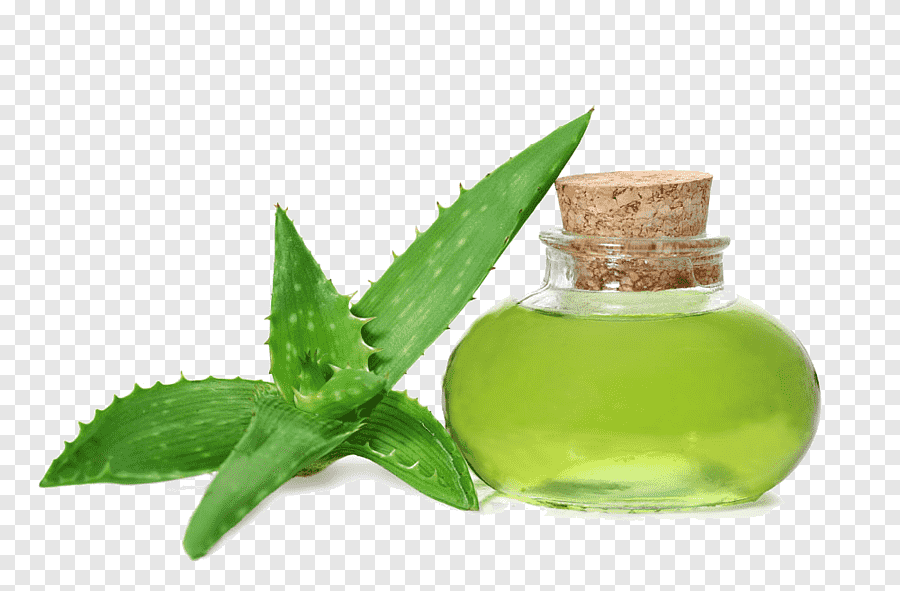
22354205.jpg) Lower
Lower abc
abc wellness
wellness Hair Fall
Hair Fall Skin Care
Skin Care Sensuality
Sensuality Carry
Carry Hair oil
Hair oil Gray to Black
Gray to Black Hair Growth
Hair Growth Sexual Wellness & Sensuality
Sexual Wellness & Sensuality NFC
NFC Lavender
Lavender Health Related Issues
Health Related Issues Natural Herbs
Natural Herbs Immunity
Immunity Joints Pain
Joints Pain Diabetic Issues
Diabetic Issues Skin,Fever,Cancer
Skin,Fever,Cancer Heart Related Issues
Heart Related Issues
Customer questions & answers
Customer reviews
4.8 out of 5